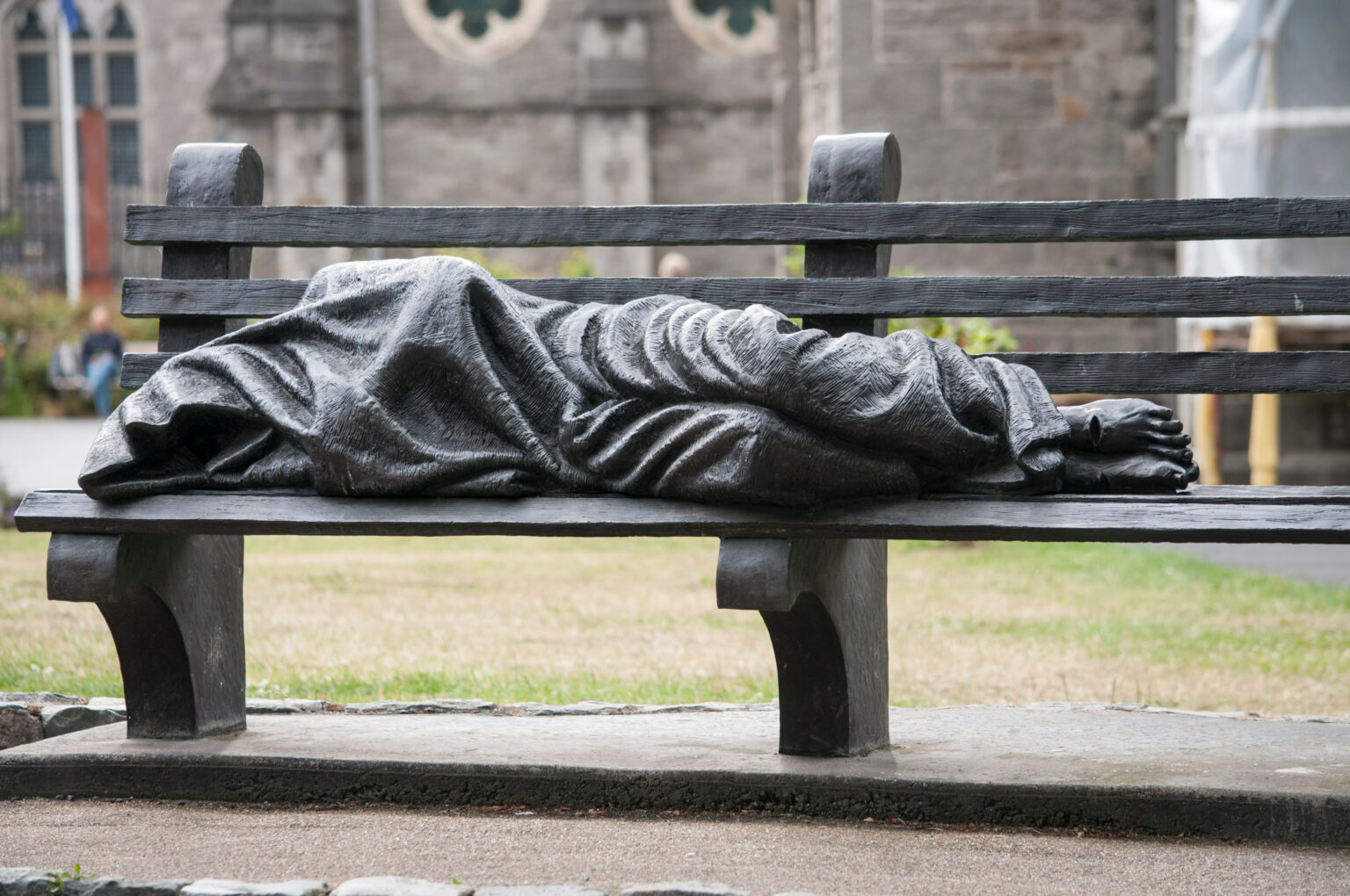We All Count 2024

The motivation behind counting people experiencing homelessness stems from a deep commitment to using data science ethically and equitably to address societal issues. Data science, especially when pertaining to people who are unhoused, is perceived as objective but is often wielded in ways that inadvertently reinforce the biases and worldviews of the privileged. The count of individuals and families experiencing homelessness is not just a numerical exercise; it is a critical tool for understanding the extent of homelessness, the demographics and needs of the people affected, and the policy solutions and resources that can effectively address this complex issue.
Counting the unhoused becomes a powerful act of acknowledging their existence and struggles and is a foundational step toward advocating for their rights and dignity. This initiative is a testament to the potential to drive positive change and social justice when conducted with an equity-focused mindset.
The Regional Task Force on Homelessness is currently recruiting volunteers to support We All Count 2024, an annual count of people experiencing sheltered and unsheltered homelessness in the San Diego region. This year, more than 1,700 volunteers will join the Regional Task Force on Homelessness (RTFH) to conduct the count on Thursday, January 25th, from 4:00-8:00 a.m.
“I’ve participated in We All Count several times since moving to San Diego 10 years ago and found that it helped me to better understand the challenges our unhoused neighbors experience on a daily basis,” said Jessica Ripper, who is participating in this year’s count in Mission Valley with the Board of Episcopal Community Services. “So many of our churches are already involved in providing food, clothing, and showers, and We All Count is another opportunity to support and build relationships with our unhoused neighbors.”
Several Episcopal churches will serve among this year’s 43 We All Count sites, and the Diocesan Center in Ocean Beach and St. Alban’s Episcopal Church in El Cajon still have openings for volunteers. Volunteers are also needed at 17 other sites across the county.
Volunteers can register as individuals or indicate that they are part of a group. Once registered, volunteers have access to an overview of the counting process and a short 30-minute training session via email. On the day of the count, volunteers typically work in teams of two to three people to conduct a head count and brief survey of the people they encounter in their assigned area.
You can learn more about We All Count and register to volunteer on the RTFH website.